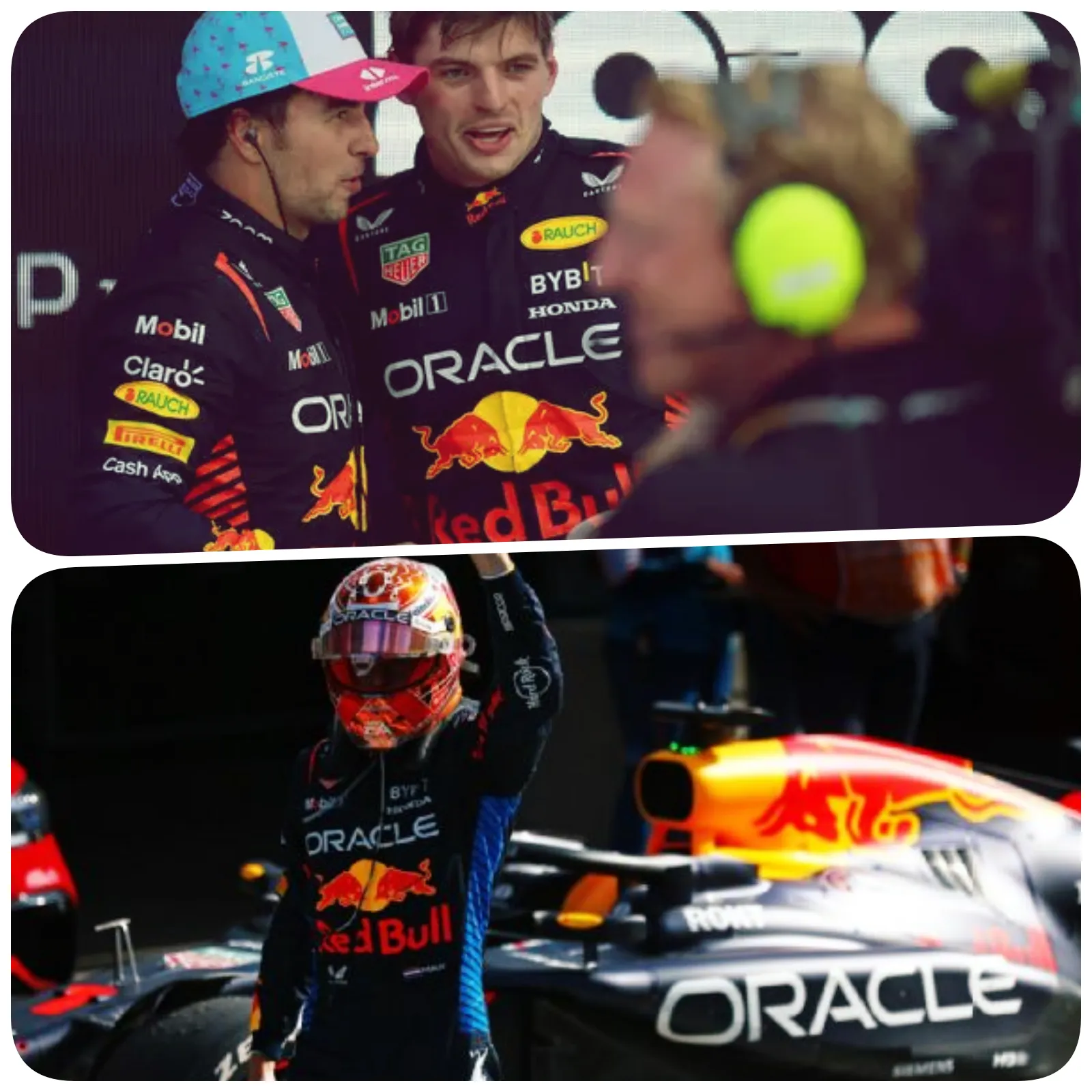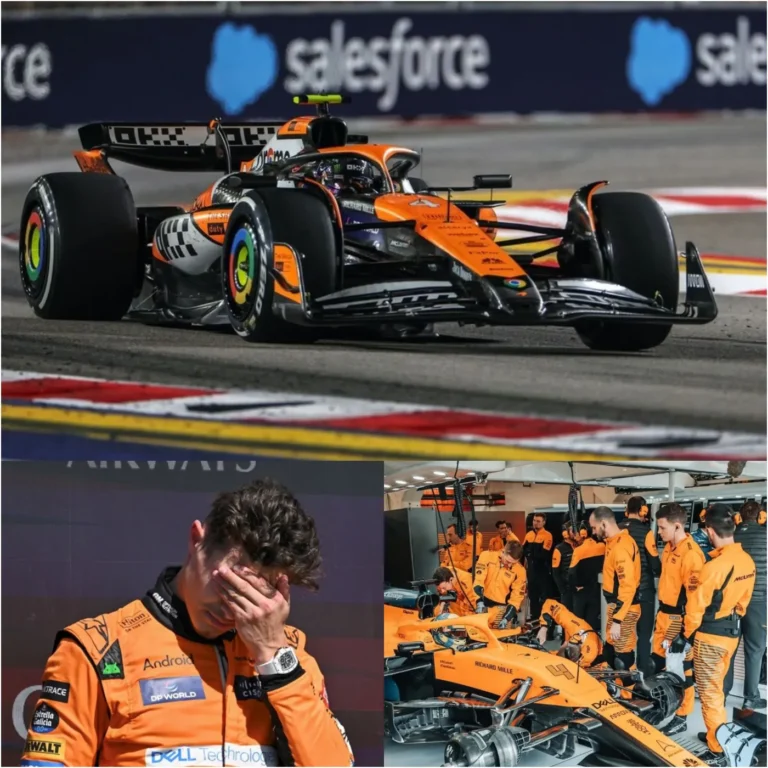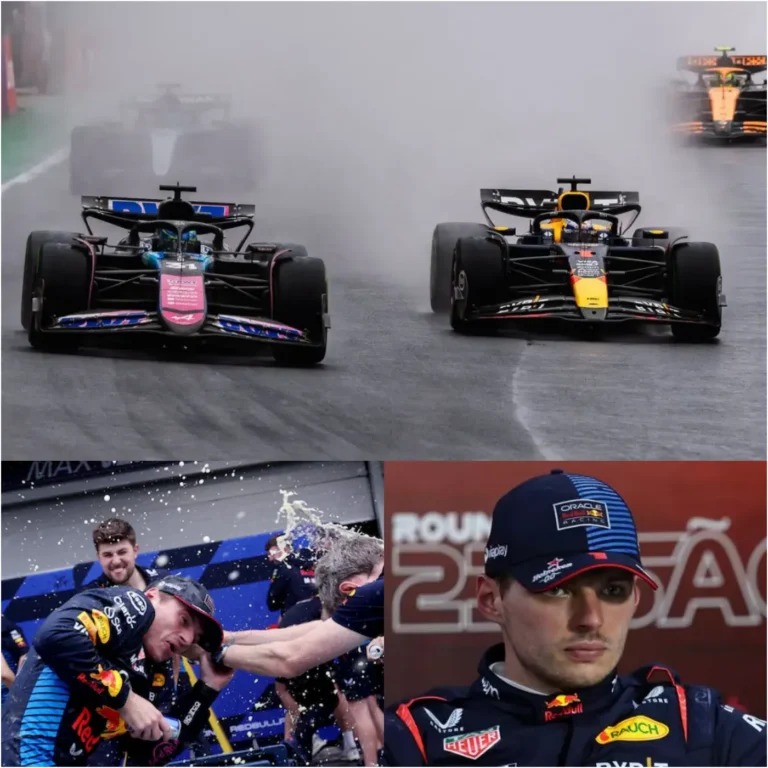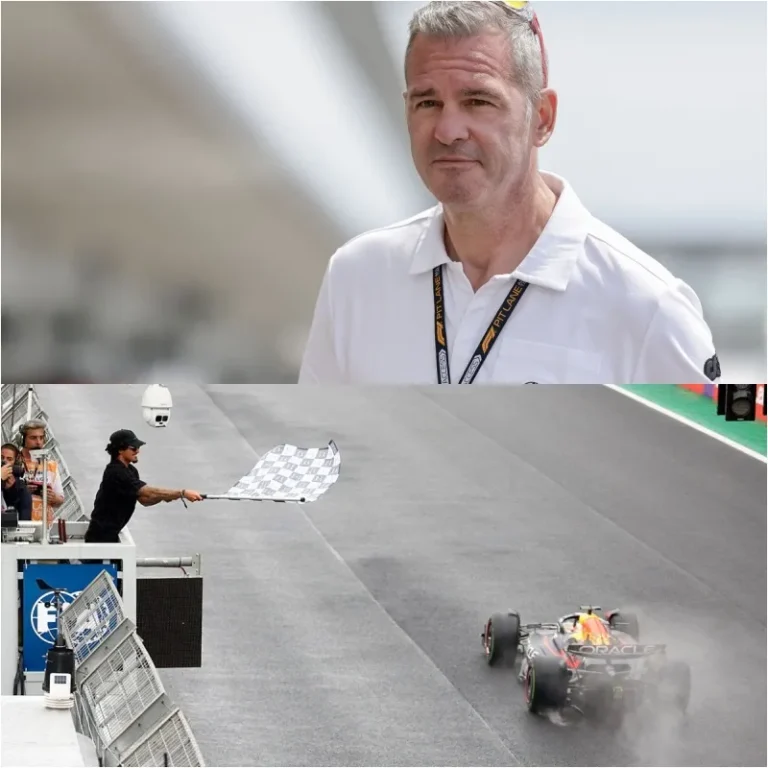
“Could a single disastrous race at the Dutch Grand Prix derail Max Verstappen’s pursuit of the championship? As Red Bull’s dominance falters, we dive into the causes and consequences of their stunning defeat”
Red Bull’s recent performance at the Dutch Grand Prix has raised serious questions about Max Verstappen’s championship hopes. Following a humbling 22.869-second deficit to race winner Lando Norris, Red Bull’s motorsport advisor, Helmut Marko, did not mince words. “We’re clearly being beaten and that’s alarming,” he told Austria’s ServusTV, reflecting the team’s shock at one of their largest losing margins since Formula One’s new regulations were introduced in 2022.

Verstappen’s early lead was short-lived as Norris overtook him on lap 18, showcasing a dominance that Verstappen himself has often exhibited in recent years. The turnaround is particularly striking given that just five months ago, Norris finished 48 seconds behind Verstappen at the season opener. The dramatic 70-second swing in performance over this brief period has left the Formula One community buzzing.
The question on everyone’s mind is whether Red Bull is truly in trouble or if Zandvoort was just an off day at a challenging circuit. Despite the crushing defeat, Verstappen still managed to secure 18 points from his home race. However, the real concern for Red Bull is whether their performance deficit will erode Verstappen’s substantial 70-point lead as the season progresses.
What went wrong for Red Bull at Zandvoort? Verstappen struggled with the car’s balance, describing issues with its responsiveness in corners and oversteer problems. “The whole weekend has been the same,” he lamented, noting that the car’s limitations remained consistent from practice through to the race. Despite several upgrades to the RB20, including changes to the floor specification in an attempt to regain early-season balance, Red Bull’s performance remained underwhelming.
The team’s choice to use a large rear wing for added downforce to manage tire degradation backfired, as the race did not see significant tire wear. This decision only compounded their issues, creating drag that hampered Verstappen’s ability to defend against Norris’s superior straight-line speed. Christian Horner, Red Bull’s team principal, expressed hope that the data collected from running different car specifications would help refine their setup for future races.
Looking ahead, the immediate future presents mixed opportunities for Red Bull. The upcoming circuits, Monza and Baku, favor low-downforce setups, which could play to Verstappen’s strengths. Yet, the team’s past difficulties with kerb riding and bumpy surfaces could pose challenges, particularly in Baku and Singapore—tracks where Red Bull struggled in the past.
As Red Bull contemplates their strategy, the performance of Mercedes and Ferrari will also play a role in shaping the championship battle. With rival drivers such as Lewis Hamilton and Charles Leclerc poised to capitalize on any Red Bull missteps, Verstappen’s relaxed demeanor amidst the turmoil is noteworthy. “This weekend was just a bad weekend in general,” Verstappen said, downplaying the impact of Zandvoort on his championship outlook.
Despite the setbacks, Verstappen’s consistent performance throughout the season—outscoring Norris in 11 of 15 rounds—suggests that the championship race remains open. Red Bull’s challenge now is to address their performance issues and respond effectively to McLaren’s current advantage. As Horner put it, “We have to respond to that,” emphasizing the need for rapid improvements to stay in the title hunt.







